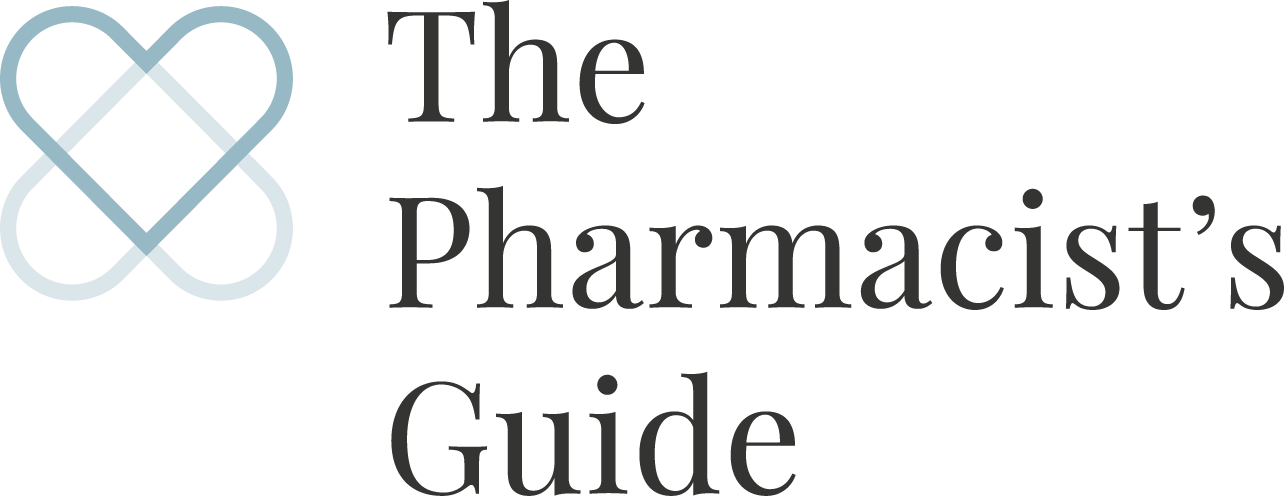How to Talk... and How to Listen
Ahhh.....the art of conversation. As healthcare professionals, we have lots and lots of conversations every day. Speaking well is a skill that we all need and that many people don’t innately have. Though some people are born with a natural ease in conversing, most are not. The good news is that regardless of where you stand, there are some easy ways to enhance your skills. As healthcare providers, we are very factual. And in school, we are taught the facts and knowledge we need to recommend treatments and counsel patients, but we aren’t always taught how to deliver that message effectively.
In healthcare, we are so ‘get to the point’ that we talk over people, interrupt, talk down to people, think we know more because this is what we trained for, etc..... and we don't always just listen. Last weekend, I visited a friend in the hospital who had just had a baby and she was telling me a story that, "if they had listened to me", then the birth situation would not have been so emergent. But, they were hearing what they wanted to hear, going on what they had seen in the past and not listening to their patient. Effective speech and listening is one of the most important things that we need to have connection and trust with our patients and to build our relationships.
Celeste Headlee, the author of We Need To Talk: How To Have Conversations That Matter, has ten great rules for talking and listening better and I think they are so applicable to our jobs as pharmacists. I have listed them and then given some examples to how we can apply these principles to our daily relationships and our conversations with patients.
Ten basic rules
1. Don't multitask
This one drives me crazy. I have a family member who does this and it is so infuriating because you know they are not paying attention or are just waiting to interject something. It’s actually affected our relationship a lot and made me pull back since the connection and engagement is lacking. So don’t think about your to do list, your dinner, your school assignment - listen and be fully present. If you can’t do that, then get out of the conversation.
2. Don't pontificate
Another very applicable one to health care. Don’t talk at people. Even if you are the expert, enter into the conversation assuming you have something to learn.
3. Use open-ended questions (who, what, when, where, how) what was that like? how did that feel? instead of were yo?
Who, what, when, where, how…. instead of “were you scared” (yes), “did that hurt” (no)” ask “how did that feel” or what was that like?”.
4. Go with the flow - thoughts come and go - thoughts can come in and let them go; we stop listening and just wait to interject
5. If you don't know, say that you don't know
You are not required to know everything there is about medicine! That is where critical thinking and references come into play. And people can see through your BS - just say you don’t know!
6. Don't equate your experience with theirs
I am so terrible at this - I used to think that this was some great skill that I had because I was making the other person feel better and less alone. Now that I’ve identified this, I am much much better at just listening. That’s all most people want. All experiences are individual and it is not about you.
7. Try not to repeat yourself
Especially in that condescending tone or to children….
8. Stay out of the weeds -
People don't care about all the details - they care about you! Don’t get lost in the minutiae of tiny details - you will lose attention fast.
9. Listen
If you're mouth is open, you're not learning. Stephen Covey says to “seek first to understand, not be understood”. So why don’t we listen - usually we'd rather talk/be in control/or we get distracted and we are waiting to say something. Be quiet and genuinely, wholeheartedly listen.
10. Be brief
I love this one. I get to the point pretty quickly and find myself losing patience when people go on and on. Just say what you need to say.
Let’s work on being better conversationalists! Make a point to listen to others and seek out conversations where you feel engaged, inspired, and have made a real connection.

